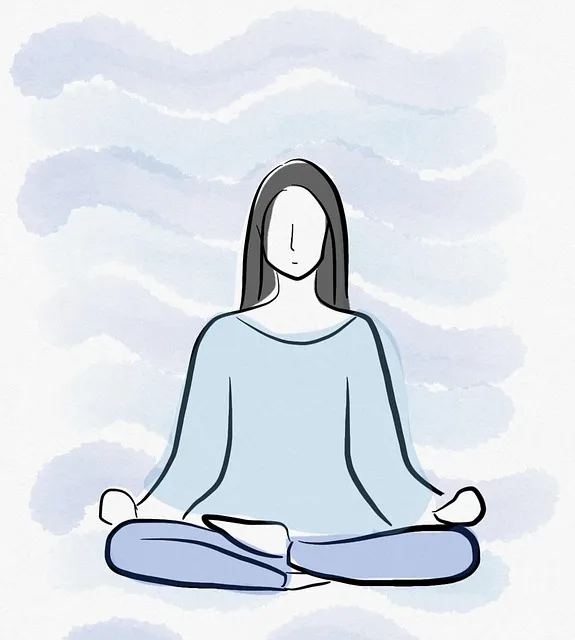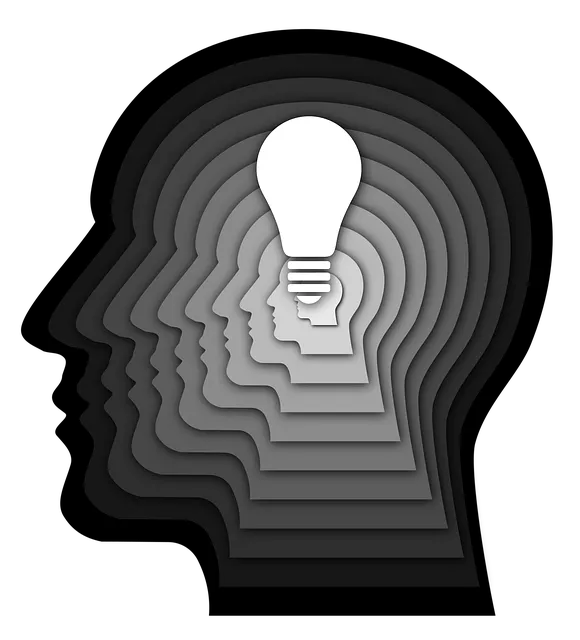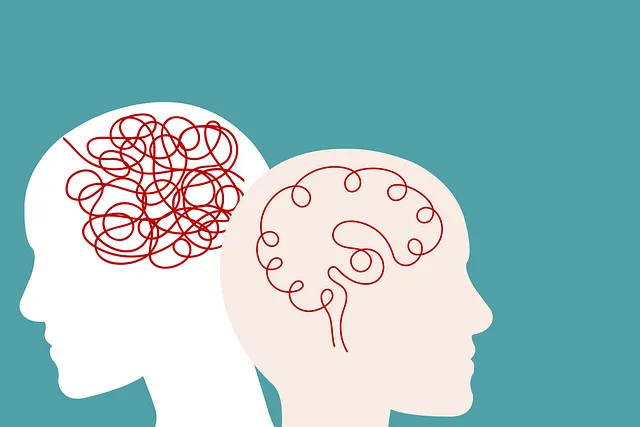The Lone Tree Kaiser Permanente mental health center employs the RFM model, a structured framework backed by research, to build resilience and empower individuals to navigate life's challenges. Integrating self-care routines, cultural sensitivity, and heightened mental health awareness, this approach fosters a sense of control and long-term resilience, as evidenced by positive reviews. The center offers diverse programs, including a Mental Wellness Podcast Series, Depression Prevention, and Self-Care Routine Development, promoting well-being for both patients and healthcare providers. Positive Lone Tree Kaiser Permanente mental health center reviews highlight its successful role in building community resilience and supporting individual well-being through tailored, culturally sensitive care.
Resilience is a vital asset in navigating life’s challenges, and the Resilient Factor Model (RFM) offers a powerful framework for building this strength. This article explores RFM and its practical application through exercises designed to enhance individual and community resilience. We delve into the crucial role of mental health centers, using Lone Tree Kaiser Permanente as a case study, demonstrating how these institutions foster resilience. Additionally, we provide tips on integrating RFM principles into daily life, backed by insights from mental health center reviews.
- Understanding RFM: A Framework for Resilience
- The Role of Mental Health Centers in Building Resilience
- Lone Tree Kaiser Permanente: A Case Study
- Exercises to Enhance Individual and Community Resilience
- Integrating RFM into Daily Life: Tips and Strategies
Understanding RFM: A Framework for Resilience

At the Lone Tree Kaiser Permanente mental health center, we recognize that building resilience is a cornerstone of holistic mental well-being. Resilience, the ability to adapt and bounce back from adversity, is fostered through structured frameworks like RFM (Recovery, Flexibility, and Mastery). This approach, backed by extensive research, guides individuals towards reclaiming their lives from challenging circumstances.
By integrating concepts such as self-care routine development, cultural sensitivity in mental healthcare practice, and heightened mental health awareness, the RFM model empowers patients to navigate life’s curveballs with greater ease. It encourages active participation in one’s recovery journey, fostering a sense of control and empowerment that is vital for long-lasting resilience.
The Role of Mental Health Centers in Building Resilience

Mental health centers play a pivotal role in fostering resilience within communities, especially in areas like Lone Tree where access to such resources is essential. These centers serve as safe havens for individuals seeking support for their mental wellness. Through various initiatives and programs, they contribute to building a robust framework of resilience, enabling people to navigate life’s challenges more effectively.
The Lone Tree Kaiser Permanente mental health center reviews highlight the positive impact these facilities can have on their patients’ lives. By offering specialized services tailored to individual needs, they promote cultural sensitivity in mental healthcare practice, ensuring diverse populations receive the care they deserve. Moreover, the centers often organize educational sessions and Mental Wellness Podcast Series Production to raise awareness about stress reduction methods, empowering individuals to take charge of their mental health proactively.
Lone Tree Kaiser Permanente: A Case Study

Lone Tree Kaiser Permanente mental health center has gained recognition for its innovative approach to resilience building and stress management among healthcare providers. As a case study, this facility showcases how integrating specialized exercises into the routine can significantly enhance well-being. The center offers a range of programs focusing on Depression Prevention, encouraging staff to prioritize Self-Care Routine Development for Better Mental Health.
Through these initiatives, Lone Tree Kaiser Permanente aims to combat Burnout Prevention Strategies for Healthcare Providers, ensuring their dedicated workforce remains resilient and committed. The mental health center’s success lies in understanding the importance of fostering a culture that values both professional excellence and personal well-being, as evidenced by positive reviews from healthcare professionals who have benefited from these transformative exercises.
Exercises to Enhance Individual and Community Resilience

Building resilience is an essential aspect of mental well-being, especially in today’s fast-paced and often stressful world. At the Lone Tree Kaiser Permanente mental health center, reviews highlight the importance they place on equipping individuals and communities with tools to navigate challenges. Exercises tailored for this purpose are designed to enhance one’s ability to cope with adversity and foster a sense of empowerment.
One effective approach is incorporating conflict resolution techniques into daily life. Learning peaceful methods to handle disputes can transform stressful situations into opportunities for growth. Additionally, fostering positive thinking and practicing mindfulness can significantly reduce anxiety levels. These exercises not only benefit individuals but also create a more resilient community where members support each other through life’s ups and downs, as emphasized in various mental health center reviews.
Integrating RFM into Daily Life: Tips and Strategies

Integrating RFM (Resilience, Flexibility, and Mindfulness) into daily life is a powerful way to enhance mental well-being, as demonstrated by the positive impact seen at Lone Tree Kaiser Permanente mental health center reviews. Here are some practical tips to make this practice sustainable:
Start small, incorporating simple mindfulness exercises like deep breathing or short meditation sessions throughout the day. These practices can help manage stress and anxiety, fostering a sense of calm. For instance, taking a few minutes each morning to focus on your breath can set a peaceful tone for the rest of the day. Additionally, engaging in regular physical activity, such as walking or yoga, is an excellent way to build resilience. Exercise releases endorphins, improves mood, and promotes better sleep, all vital components of self-care practices. The key is consistency; make these activities part of your routine, ensuring they become second nature over time.
Resilience is a vital asset in navigating life’s challenges, and the RFM framework offers a structured approach to building this strength. As demonstrated by the case study of Lone Tree Kaiser Permanente, integrating resilience-focused exercises into communities can significantly enhance well-being. Mental health centers play a crucial role in promoting mental toughness through specialized programs and support systems. By adopting strategies from this article, individuals and communities can foster resilience, ensuring better coping mechanisms and improved life satisfaction, as evidenced by favorable mental health center reviews.






